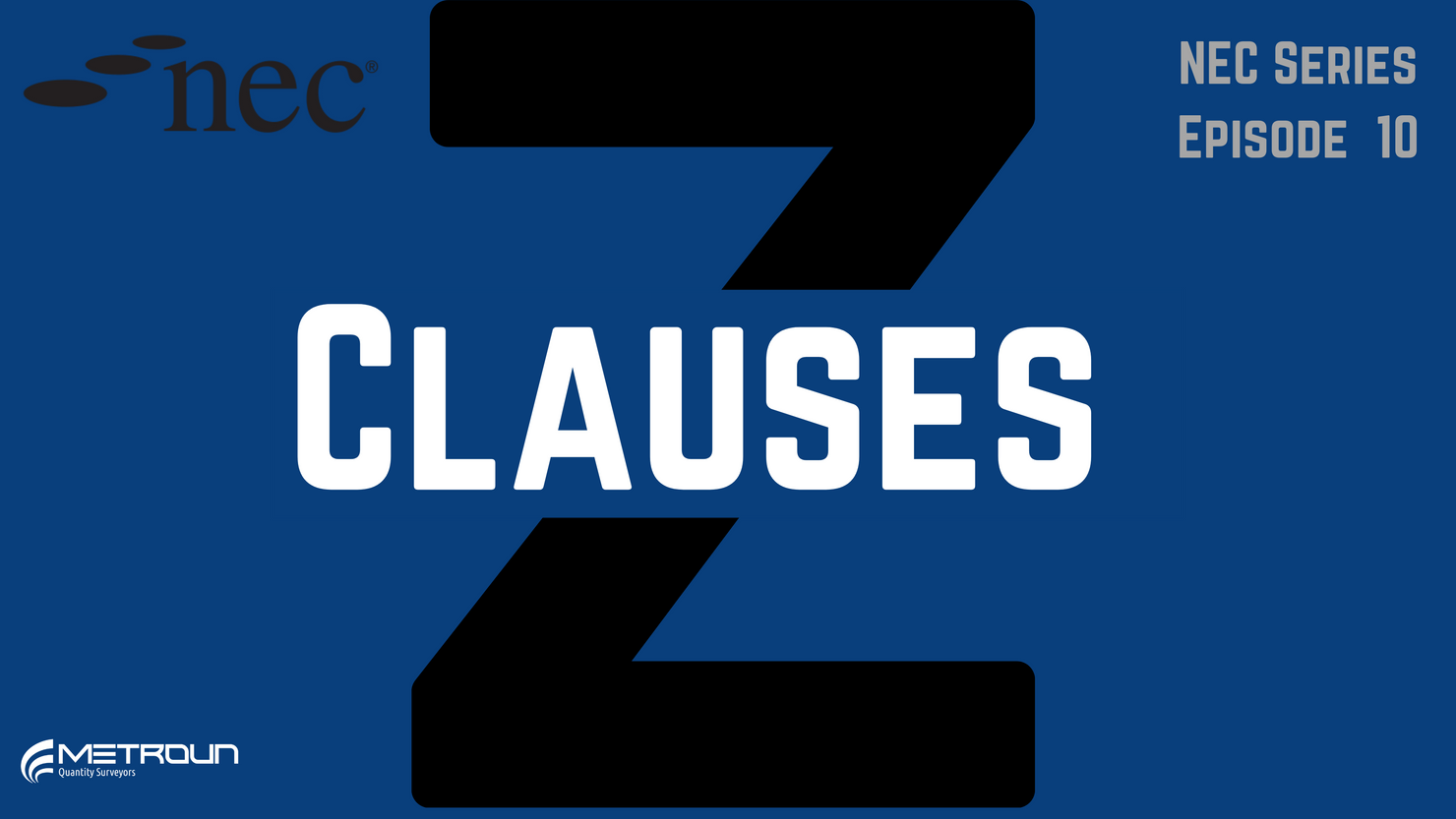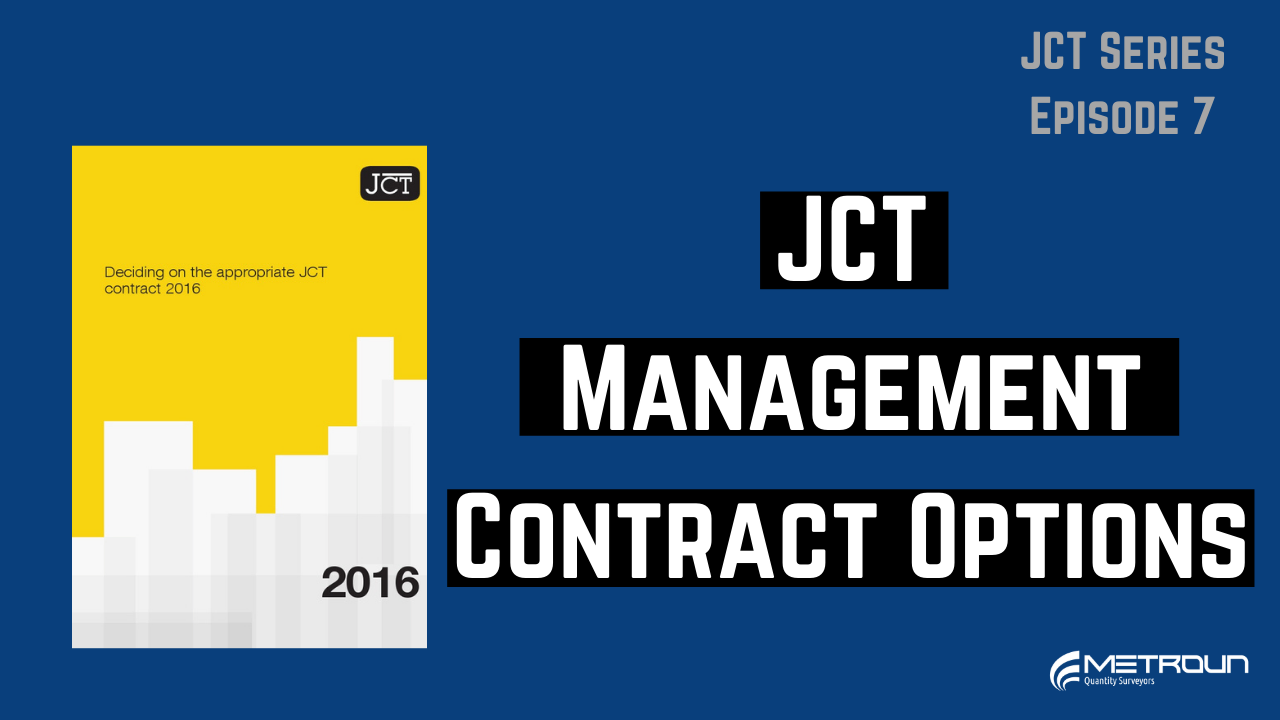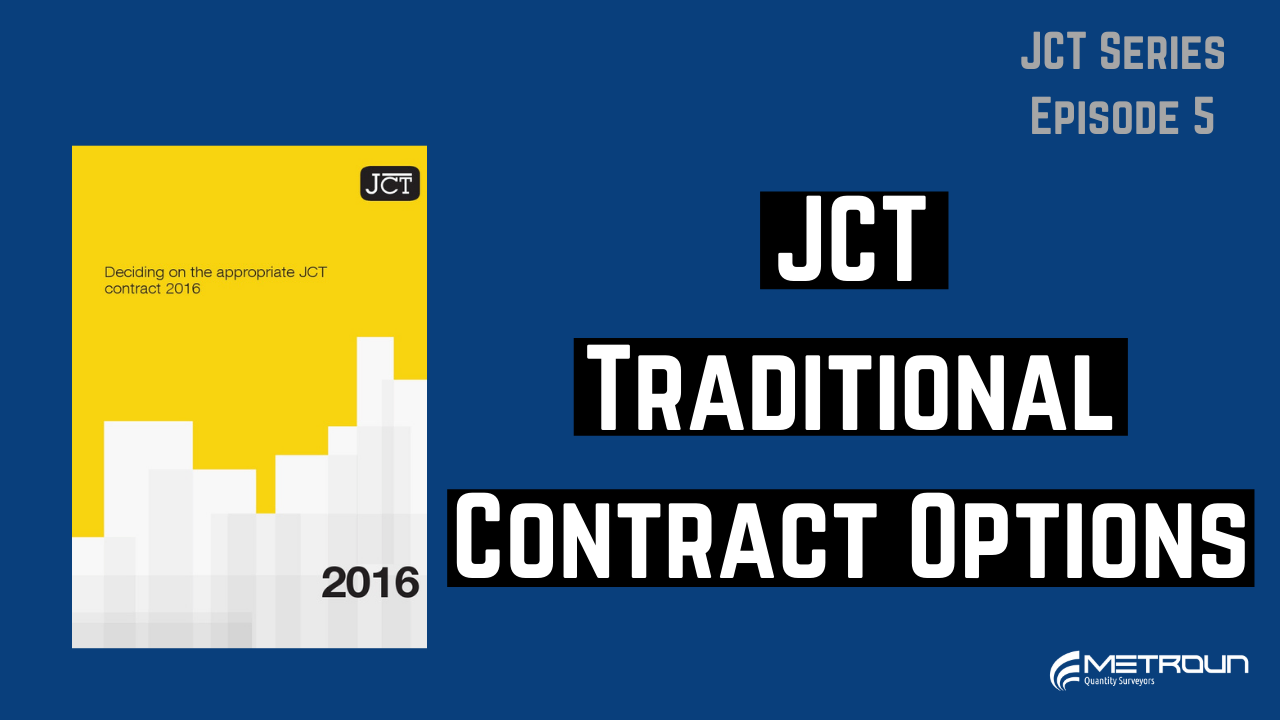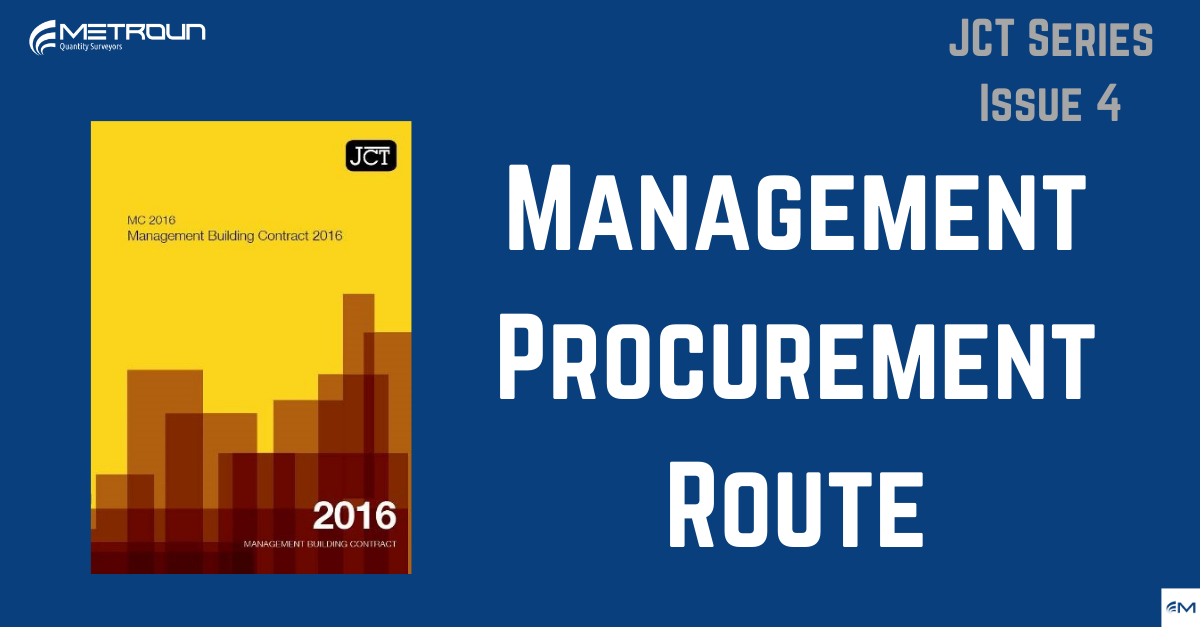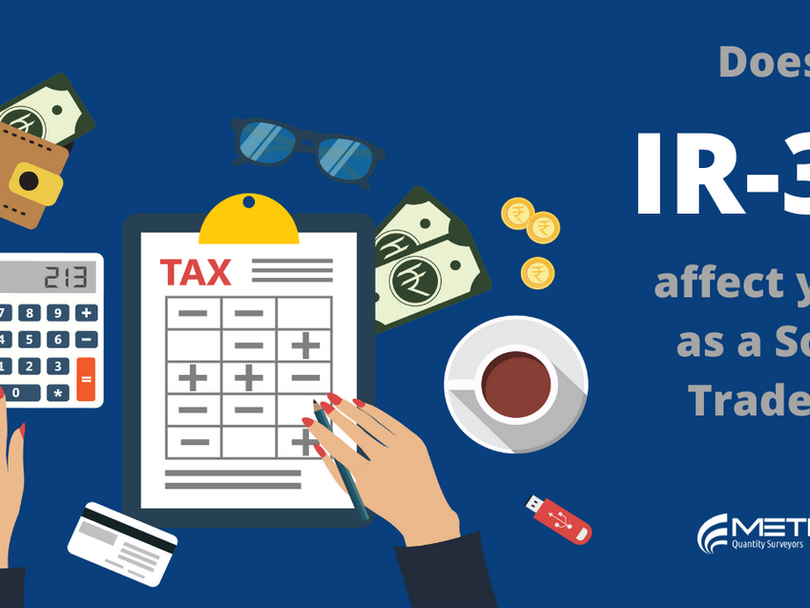
Previously we have produced videos and created blogs that tackle the way the new IR35 legislation could affect you as an individual working through a “Personal Service Company” (or sometimes termed contractor / free lancer etc.) and also how it may affect an employer who uses contractors of this nature. These videos can be found on our website and our YouTube channel if you wish to take a look! However, we have had discussions and comments from sole traders who still feel in the dark about whether they will be affected by the updated IR35 legislation. Therefore, we wanted to do something about that and so this Blog and it’s partnering video seeks to tackle these concerns and will hopefully provide some much-needed clarity for sole traders. Generally, the definition of a sole trader would be classed as someone who both owns and runs their business and has no legal, separate identity from the person themselves. It is commonly said that as a sole trader, you are the business, and the business would simply not exist without you. So, as a sole trader you wish to understand if the new IR35 legislation will relate to you in the same way that it does to incorporated “Personal Service Companies”, sometimes termed contractors. Simply put, the answer would be ‘no’. As a sole trader you are not affected by IR35 legislation because it only applies to incorporated companies where an intermediary between the client and the individual exists. And of course, because a sole trader does not have this separate legal entity, the incorporated company, between them and the client, the rules cannot apply. This is also why Sole Trading can be seen as a “riskier” style of business as the individuals personal assets become liable to any debts. The benefit of having a limited (or incorporated) company is literally in the name… It provides limited liability for any business transactions and keeps the individuals assets safe. However, there is a big ‘but’… The rules around principles of employment status – which

